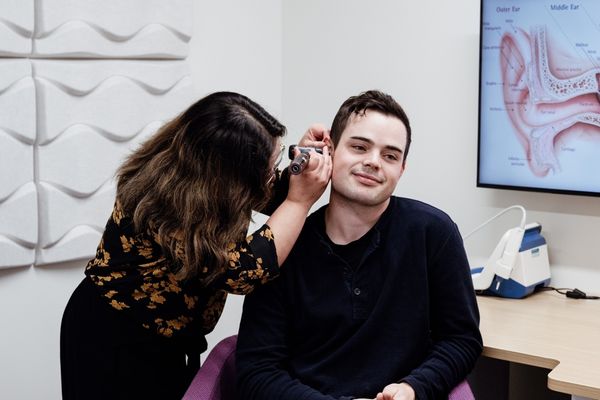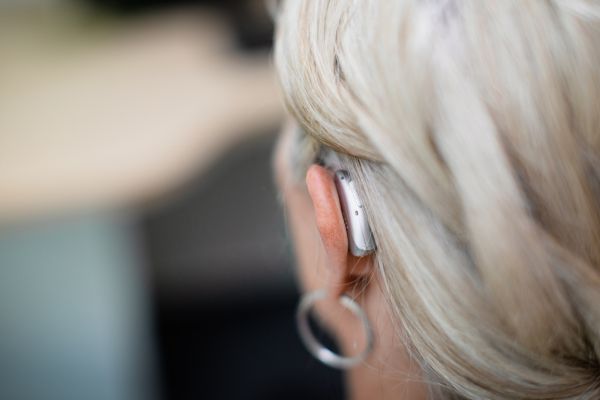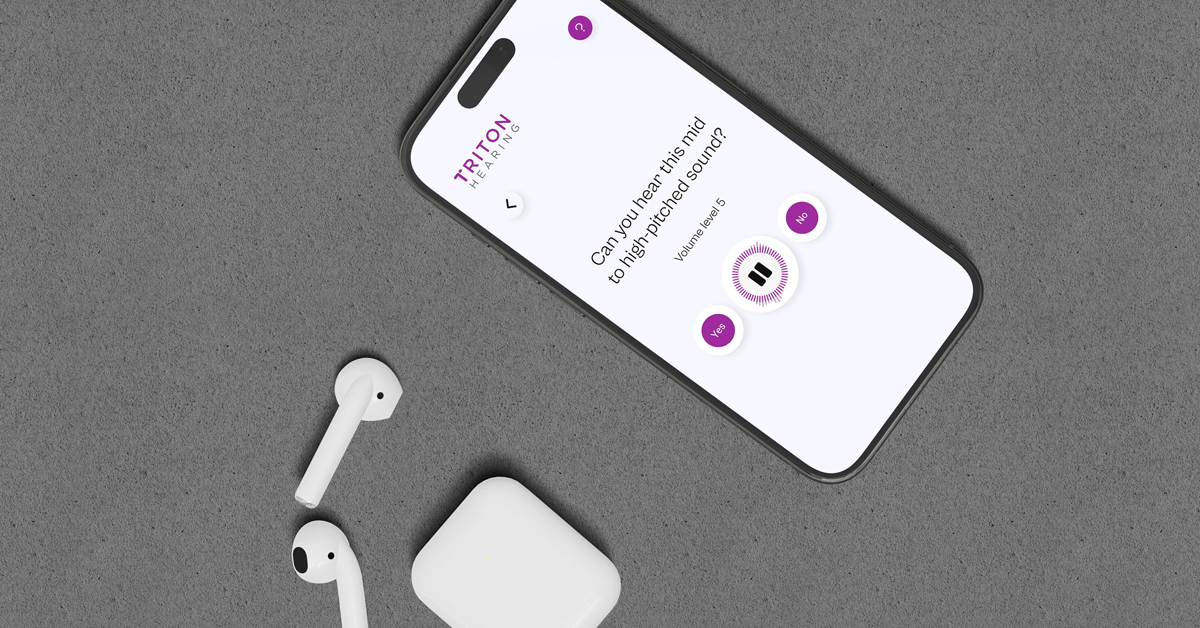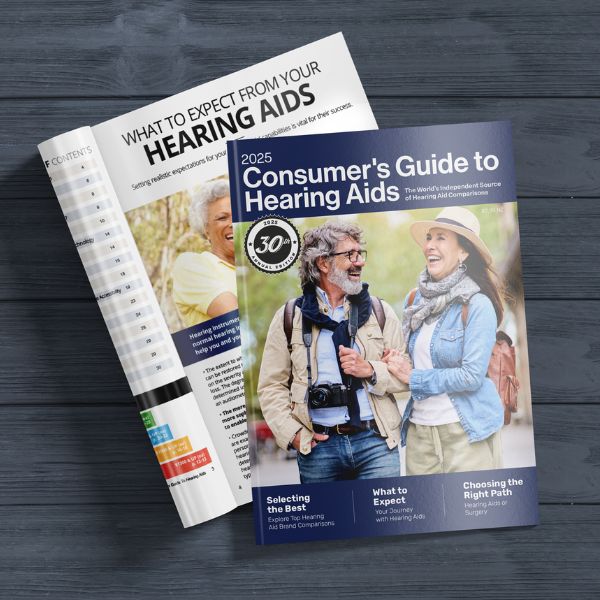Stress and Tinnitus: The 5 best ways to relieve stress

Stress and Tinnitus: The 5 best ways to relieve stress
10 min.
Publication Date: 21 December 2023
Last review Date: 3 February 2025
If you live with Tinnitus, you’re probably looking for a way to eliminate the annoying ringing in your ears. Unfortunately, there is no cure for Tinnitus, but there are effective treatment methods to alleviate your symptoms.
What is tinnitus, and how common is it?
Tinnitus often presents itself as a frustrating and annoying ringing in your ears. Although it is difficult to know precisely how many people are affected by Tinnitus around the world, it's estimated that almost 200,000 people in New Zealand live with this condition.
How is stress linked to Tinnitus?
Multiple studies have found a direct correlation between Tinnitus severity, stress severity and stress duration. In short, people with the most severe stress typically had the most severe form of Tinnitus or have suffered with Tinnitus the longest. Unfortunately, this problem is a cycle, as tinnitus can induce stress, just as stress can induce tinnitus.
The study showed that Tinnitus and stress are deeply interlinked, however further research is needed to provide definite answers on their casual relationship. For example, in the 2015 study: Stress and Tinnitus, 53.6% of Tinnitus patients reported that their Tinnitus began during a particularly stressful period of their lives. Additionally, 52.8% of people reported their condition worsened under stress.
How can I reduce stress?
1.Movement and exercise
It’s no secret that exercise is an excellent way to reduce stress. Exercise boosts your endorphins, releases dopamine and can distract you from your daily stressors.
But, you don’t have to jump straight into High Intensity Interval Training either. Any intentional movement, such as a daily walk, stretching class or at-home workout can be a great way to get your body moving and the endorphins flowing.
2.Mindfulness
Relaxation techniques are designed to activate your bodys parasympathetic nervous system and remove your body from it’s state of ‘fight or flight’. They slow your breathing, lower your blood pressure and reduce your heart rate.
Some of the most common relaxation techniques are breathing exercises, visualisation and self-hypnosis. There are many free guided breathwork videos on YouTube that can help to to get you started.
3.Avoid triggers
Eating well is essential to stress reduction. Plus, a high sodium diet, coffee, nicotine, chocolate, alcohol and sugary drinks can make Tinnitus worse. Alcohol, in particular, increases your blood pressure and worsens your symptoms.
Make sure that you are getting a balanced, healthy array of foods each day and keep processed meals to a minimum where possible.
4.Use background sounds to distract your attention
Listening to music or other sounds, like the radio or TV, can be helpful at reducing stress. When you play external sounds at low volume, it can block out any internal sounds you may be hearing. Additionally, sound therapy uses external noise to change a patients perception of Tinnitus. Whilst they do not cure the condition, they can reduce the intensity. Speak to your audiologist about sound therapy and how hearing aids can help improve your Tinnitus symptoms.
As well as noise, making a conscious effort to distract your attention can be helpful in finding temporary relief from stress and Tinnitus. Spending more time on activities you enjoy, such as art, sports, cooking, or other recreational activities, can go a long way.
5.Speaking to a professional
You are not alone, and it is okay to ask for help. If you find that stress is impacting your quality of life, it might be time to speak with a professional. In New Zealand, if you are a citizen or permanent resident, there are services available to you free of charge to get you back to feeling 100%. Speak to your local GP about the support that is available to you.
If Tinnitus is impacting your quality of life, it’s best to have your ears and hearing checked by an audiologist.
Book an appointment at your local Triton Hearing clinic on 0800 45 45 43. You’ll receive professional assistance and advice from our expert team who will deliver personalised and tailored solutions that best suit your hearing and lifestyle needs.
The information contained in this article is for educational and informational purposes only. You should not use the information as a substitute for, nor should it replace, professional medical advice. If you have any questions about your health, you should always consult with a physician or other health-care professional.
References
- Patricia Ciminelli, Sergio Machado, Manoela Palmeira, Mauro Giovanni Carta, Sarah Cristina Beirith, Michelle Levitan Nigri, Marco André Mezzasalma, and Antonio Egidio Nardi. Tinnitus: The Sound of Stress? Clinical Practice & Epidemiology in Mental Health. 2018; 14: 264–269. Mohammed Abdel Motaal Gomaa 1, Manal Hassan Abo Elmagd, Mohammed Mohammed Elbadry, Rafeek Mohammed Abdel Kader. Depression, Anxiety and Stress Scale in Patients with Tinnitus and Hearing Loss. Eur Arch Otorhinolaryngol. 2014. 271: 2177-2184. Mazurek, B., Haupt, H., Olze, H., and Szczepek, A. J. Stress and tinnitus — from bedside to bench and back. Frontiers in Systems Neuroscience. 2012 6:47. Mazurek, B., Szczepek, A. J., and Herbert, S. Stress and tinnitus. 2015. 63: 258-265.
- Dr. Ben Thompson, Au.D., The Connection Between Sugar, Tinnitus, and Tinnitus Spikes. Treblehealth. 2022
- WebMD, 15 Things That Can Make Tinnitus Worse. Medically Reviewed by Carol DerSarkissian, MD on January 28, 2023









